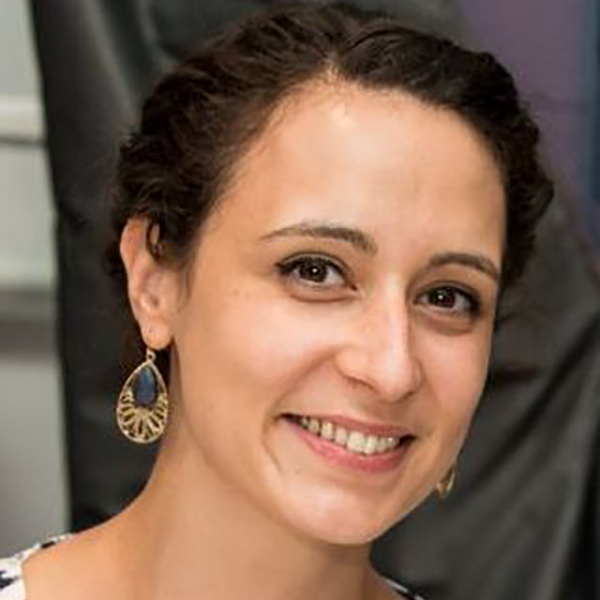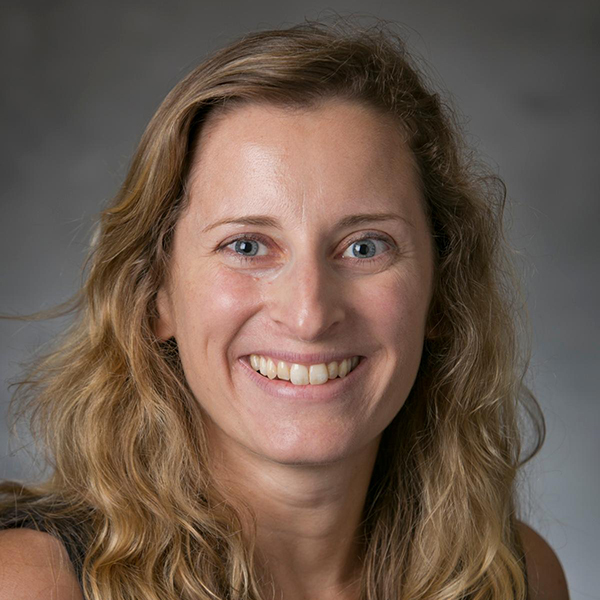


Who we are
The website is maintained by:

Claire Chan
Queen Mary University of London
Claire Chan is a Statistician at the Centre for Evaluation and Methods based at Queen Mary University of London. Claire has current research interests in both cluster randomised trials and pilot and feasibility studies. In particular, Claire has published papers on the reporting of these studies. Claire also helps organise the annual conference on current developments in cluster randomised trials and stepped wedge designs where the idea for this website emerged.

Sandra Eldridge
Queen Mary University of London
Sandra Eldridge is Professor of Biostatistics at Queen Mary, University of London and Director of the Pragmatic Clinical Trials Unit there. She has an international reputation in clinical trials particularly in cluster randomised trials and has been working in this area since 1994, publishing a large number of methodological papers and, in 2012 together with Sally Kerry, the book A Practical Guide to Cluster Randomised Trials. She has been involved in over 50 empirical studies, mostly trials, many cluster randomised. Sandra is an NIHR Senior Investigator, and has sat on a number of funding panels for the UK National Institute of Health Research.

Karla Hemming
University of Birmingham
Karla Hemming is a researcher at the University of Birmingham. Her research focuses on the conduct and methodology of cluster and stepped-wedge trials. These interests include research into comparing statistical efficiency of various competing cluster trials; creating applications to allow others to implement sample size calculations in a straight forward way; running simulation studies to identify best ways to model data from stepped wedge trials; and to helping others design their cluster trials in a way to ensure robustness and mitigate biases. Karla has recently led an international collaboration to develop an extension to the CONSORT statement for stepped-wedge trials.

Clémence Leyrat
London School of Hygiene and Tropical Medicine
Clémence Leyrat is an Assistant Professor in the Department of Medical Statistics. She has been conducting methodological research on cluster randomised trials since 2010, including the development of statistical methods to detect and address selection bias, as well as methods to analyse trials with a small number of clusters. Clémence’s current research interest focusses on covariate adjustment in cluster trials and the use of machine learning to enhance the design and analysis of CRTs. She has been involved as well in the design and analysis stages of cluster trials, including cluster cross-over trials.

James Martin
University of Birmingham
James Martin is a Research Fellow in the Institute of Applied Health Research, and is part of the Biostatistics, Evidence Synthesis and Test Evaluate (BESaTE) research group. His research focuses on design issues typically found in stepped wedge trials, including extended correlation structures and varying cluster size. James has been involved in the design and analysis stages of parallel and stepped wedge cluster trials.

Jennifer Thompson
London School of Hygiene and Tropical Medicine
Jennifer Thompson is an Assistant Professor in the International Statistics and Epidemiology Group where she is a co-leader of the methodology theme and a theme leader in the Centre for Evaluation. Her research focuses on identifying appropriate analysis methods for stepped wedge and parallel cluster randomised trials, as well as finding more efficient trial designs. She has also worked on several trials of infectious disease treatment in low and middle income countries.

Liz Turner
Duke Global Health Institute
Liz Turner is an Assistant Professor in the Department of Biostatistics and Bioinformatics and in the Duke Global Health Institute (DGHI), where she leads the DGHI Research Design and Analysis Core. Her methodological research focuses on experimental design with a particular focus on the statistical design and analysis of cluster randomized controlled trials. Through her experiences with more than ten CRTs in a range of low and middle-income countries, she has experience of a range of practical and implementation challenges to the conduct of CRTs in diverse settings.